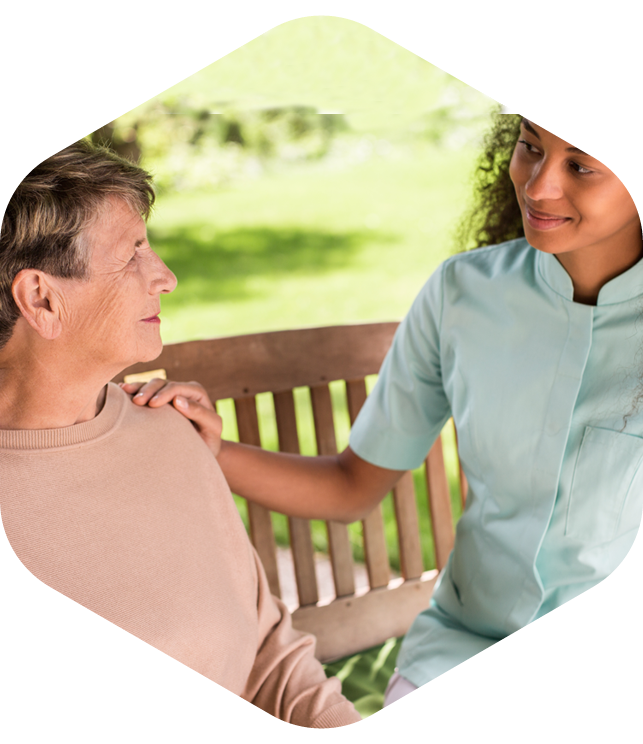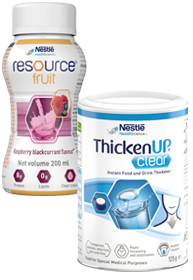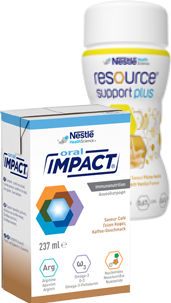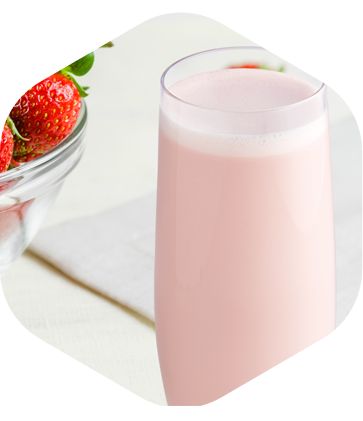Managing Symptoms Caused by the Disease and Cancer Treatments Effects
Making certain dietary changes can help managing symptoms, reducing general discomfort, speeding recovery and improving quality of life.
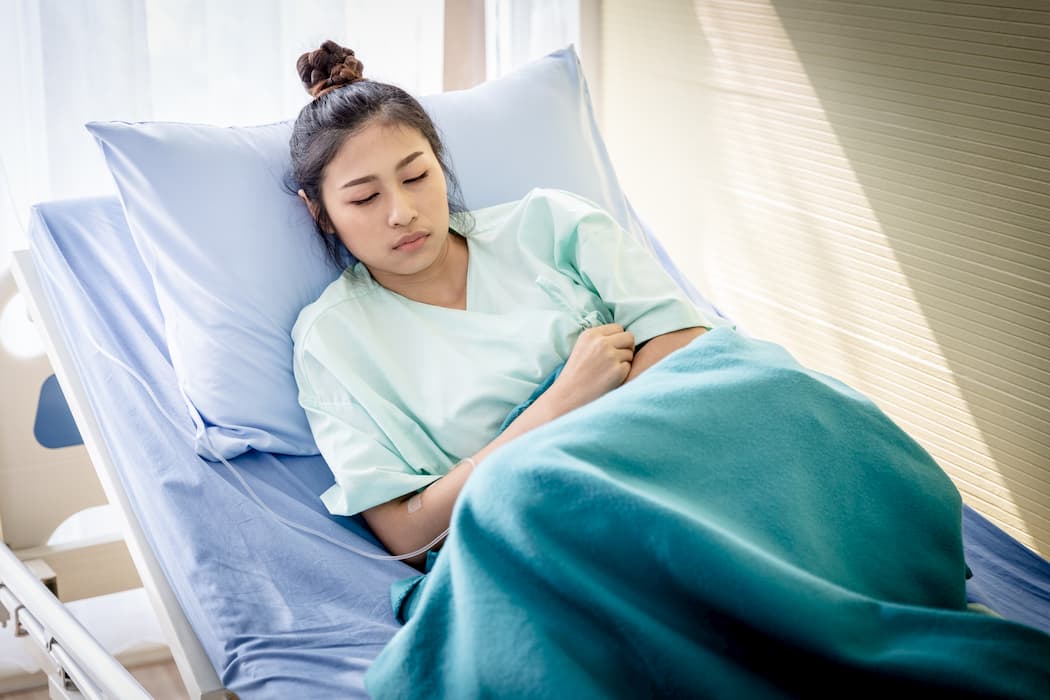
Each body responds to cancer treatments effects differently, but some symptoms are common among many patients, such as nausea, vomiting, appetite and taste loss, dry mouth, etc. Therefore, patients should take up a healthier diet to meet their specific needs, so that their bodies are nourished enough to function properly. Patients who lose less than 10% of their weight before surgery have lower risks of developing major complications after the procedure.1 The following nutritional strategies will help you with cancer treatments effects and make eating less difficult during treatment.
The way to cope with side effects is making changes on your diet 2
Weight loss and malnutrition can be consequences of both the tumor’s metabolism and less food consumption. First, patients need to understand that they need to eat even if it’s difficult or causes some discomfort. In order to make things easier, there are some nutritional therapy techniques that can be used to alleviate symptoms. Some of them are: 2
Loss of appetite
Anorexia (lack of appetite) is very evident and is one of the main causes of weight loss and malnutrition. To get around it, patients need to consume more calories, proteins and nutrients without necessarily eating more food. Here are some suggestions 2:
- Eat smaller servings, but more often: try to eat every three hours;
- Don't skip meals, even if you don't feel like eating. Fruit, porridge, soup and smoothies are good options for when you’re not really hungry;
- Pick visually appealing meals and try new things to understand what your preferences are;
- Add different flours and cereals (oatmeal, cornmeal) to smoothies and porridge to add calories.
- Likewise, add olive oil, creams and well-cooked egg yolk to soup, stews and mashed vegetables;
- Eat the most nutrient-rich meals (i.e., breakfast, lunch, supper) when you’re most hungry, as it's common to lose appetite right after the first few bites;
- Check with your doctor and/or nutritionist about taking supplements to meet all your nutritional needs.
Nausea and vomiting
- Some food items can upset the stomach and should be avoided in case of nausea and vomiting, e.g., fried, fatty, too hot, spicy, excessively sweet or strong smelling food;
- Sucking ice cubes half an hour before meals and eating cold foods helps alleviate nausea. However, you should talk to your doctor about it first, since some chemotherapy medications react badly when combined with cold food;
- Avoid staying near where the food is being prepared, as the smell may cause indisposition;
- Eat slowly and chew well;
- Have small, portioned meals throughout the day. Going a long time without eating may cause nausea.
- Avoid lying down after meals;
- Keep a good oral hygiene and brush your teeth after eating or vomiting, to get rid of the bad taste.
- Wear comfortable clothing when you’re not feeling well.2
Dry mouth
- Say no to dry, hard and crispy options. Try food that’s easy to swallow instead;
- If you have no mouth sores, eat popsicles, candy and gum to promote salivation. Just remember that some chemotherapy medications react badly when combined with cold food. Talk to your doctor and/or nutritionist;
- Add lemon drops to salads and drinks to promote salivation;
- In case there’s no fluid restriction from your doctor, you should drink about ½ a gallon (two liters) of water a day. You could also go up to ¾ a gallon (three liters) with tea, coconut water and fresh juice;
- Savor food with dressings, sauces and broth.
- Use lip balm.2
Mouth sores and difficulty chewing and/or swallowing
- Opt for soft, smooth food that is easy to chew and swallow, such as well-cooked scrambled eggs, mashed vegetables, soup and stews;
- Avoid eating food while it’s hot, which can hurt your mouth even further;
- Avoid citrus, spicy and salty food, as well as raw vegetables;
- Make sure the cutlery doesn't hurt you or get in the way.2
Other things that can help are:
- Do not smoke or use tobacco products;
- Do not use mouthwash with alcohol;
- Make regular appointments with the dentist during treatment.2
Changes in taste
- Go for food that smell nice and look good;
- Add just a little salt and lemon if salty food tastes sweet;
- Avoid eating red meat if you have a metallic taste in your mouth;
- When cooking, go for natural seasonings rather than industrialized items. You can use mint, basil, lemon, lime, parsley, coriander, oregano, chives, garlic, etc;
- Food rich in zinc and copper can help you regain normal taste. Some common items are: corn, black beans, wheat cereals, oat, eggs, roast meat, whole grain bread, dark-leaf vegetables and peas;
- Avoid eating food while it’s too hot or cold;
- Eat mint candy. If you have diabetes, choose diet versions;
- Rinse your mouth before meals.2
Diarrhea
- To regain liquids, drink more water, tea, coconut water and fresh, strained, sugar-free juice;
- Avoid milk and dairy products. If you must have them, choose reduced-fat, fat-free or lactose-free options;
- Choose food items that may help stop diarrhea, such as: apples and pears (no peel), bananas, watermelon, melon, cooked vegetables, cereals, pasta, boiled eggs, potatoes, yam, lean meat, and fresh and strained juice;
- Avoid sugary, fatty and/or fried food, such as: butter, margarine, whipped (cooking) cream, bacon, nuts, oilseeds and cold meats;
- You should also avoid laxatives, such as: plums, papayas, oranges, raw vegetables, oats, wheat, flaxseed and sweets.2,3
Constipation
- Fiber-rich food items are known to help with constipation, e.g., plums, papayas, oranges, oats and leaf vegetables;
- Drink at least ½ a gallon (two liters) of water a day if there’s no fluid restriction from your doctor.
- Physical exercises stimulate bowel activity, but remember to check with your doctor if there’s any activity that wouldn’t be recommended.2,3
After being diagnosed with cancer, it’s important to learn more about nutrition before and during treatment. Ask all of your questions about cancer treatments effects to your healthcare team.
References:
1 - PINHO N.B. The effect of nutritional guidance and enteral and oral nutritional therapy during the preoperative period on individuals with head and neck tumor undergoing surgical treatment (“Efeito da orientação nutricional e da terapia nutricional enteral e oral no período pré-operatório em indivíduos com tumor de cabeça e pescoço submetidos ao tratamento cirúrgico”). Available at: http://bvsms.saude.gov.br/bvs/publicacoes/inca/nivaldo_barroso_efeito_da_orientacao_nutricional.pdf. Access on: October/2019.
2 - Brazilian Ministry of Health/ INCA: José Alencar Gomes da Silva National Cancer Institute (“Instituto Nacional de Câncer José Alencar Gomes da Silva”). National Consensus on Oncology Nutrition (“Consenso Nacional de Nutrição Oncológica”).
3 - Brazilian Society of Parenteral and Enteral Nutrition. BRASPEN nutritional therapy guidelines in cancer patients (“Diretriz BRASPEN de terapia nutricional no paciente com câncer”). Available at: https://faculdadebarretos.com.br/wp-content/uploads/2019/06/Diretriz_onco-2019-separata.pdf. Access on: October/2019.
Know more about the subject

The Importance of Caregivers for Those Undergoing Cancer Treatment
With treatments’ side effects, caregivers can help in everyday chores and keep patients safe.

What Does the Information on Nutrition Facts and Food Labels Mean?
Knowing what you're eating helps you make healthier choices.
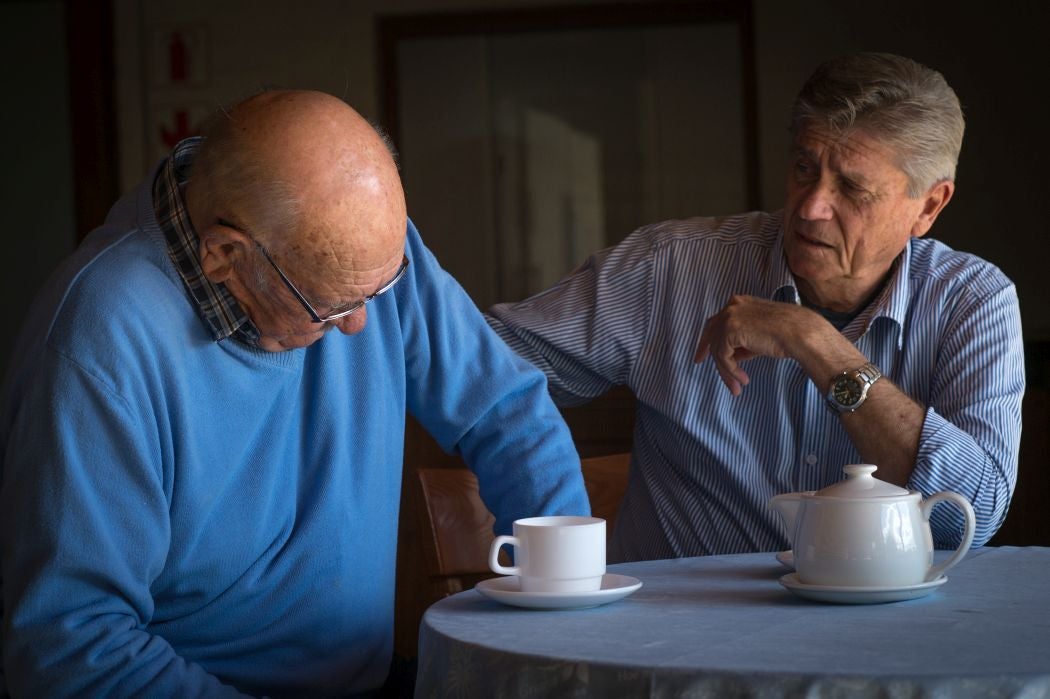
What to Say to a Person with Cancer and What Not to Say
Beyond words, it's also important to show support by listening carefully.2
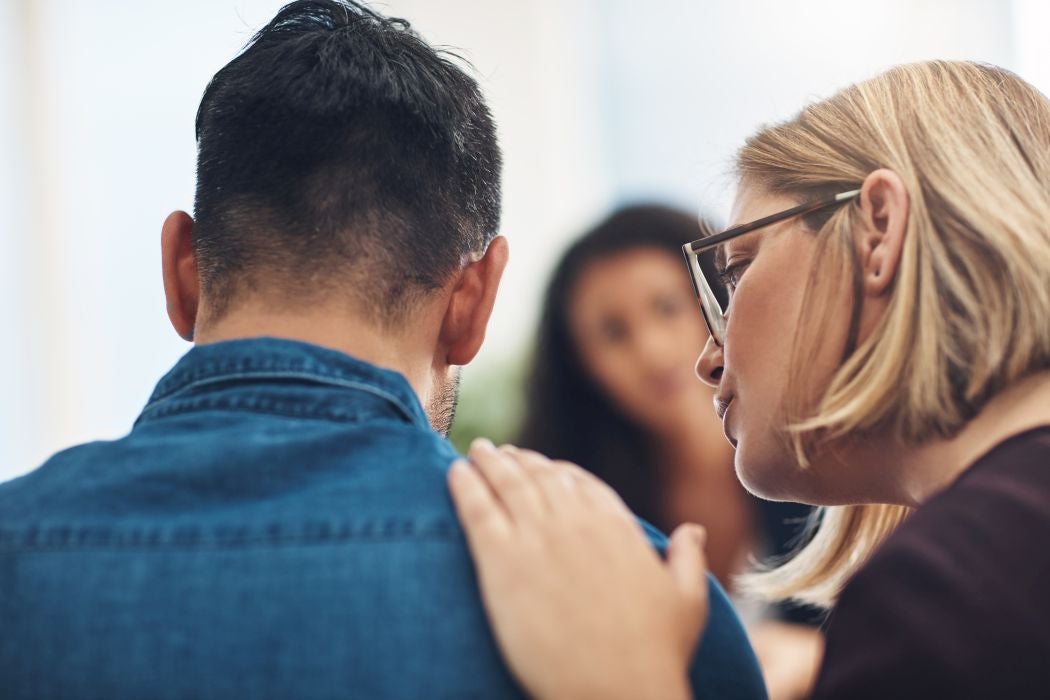
The Cancer Diagnosis’ Psychological Impact
Anxiety, irritability, apathy, sadness, and depression are common feelings amongst cancer patients.1
